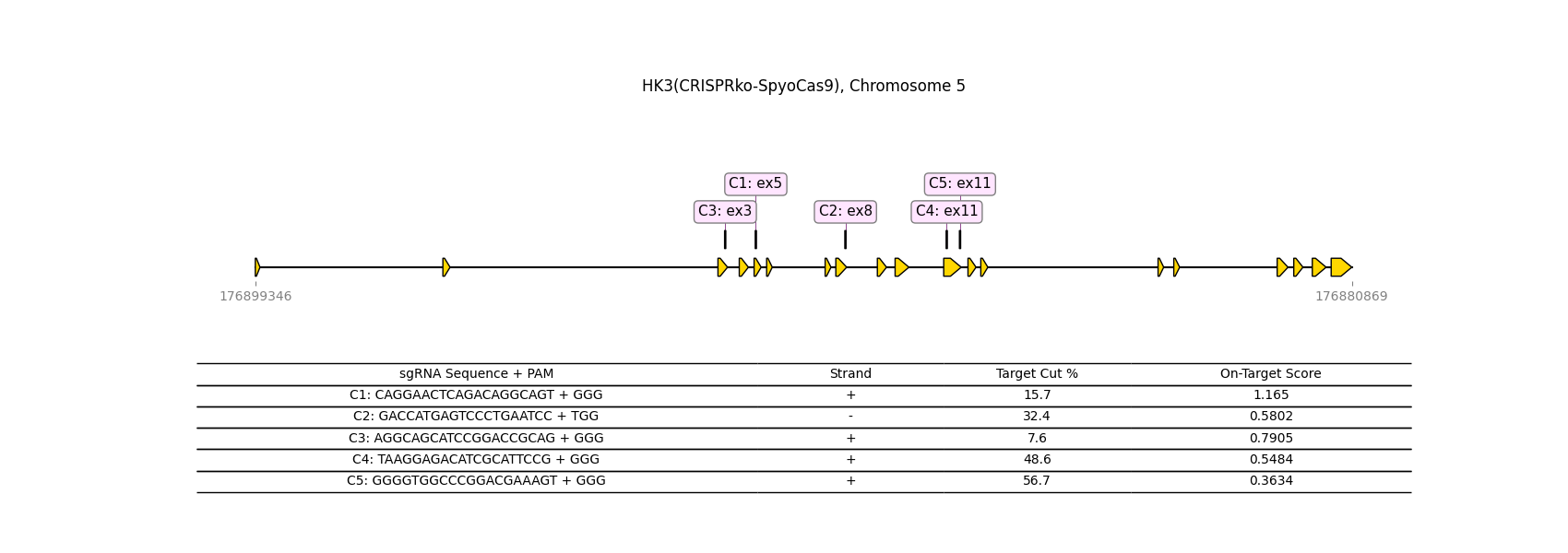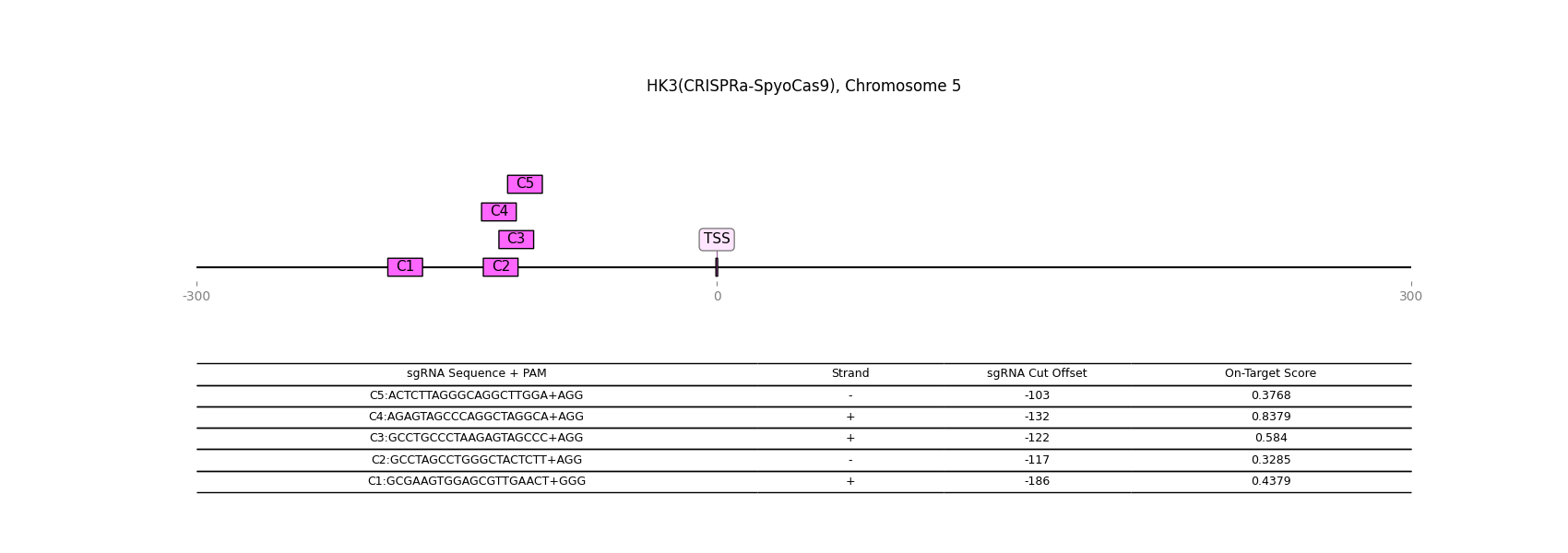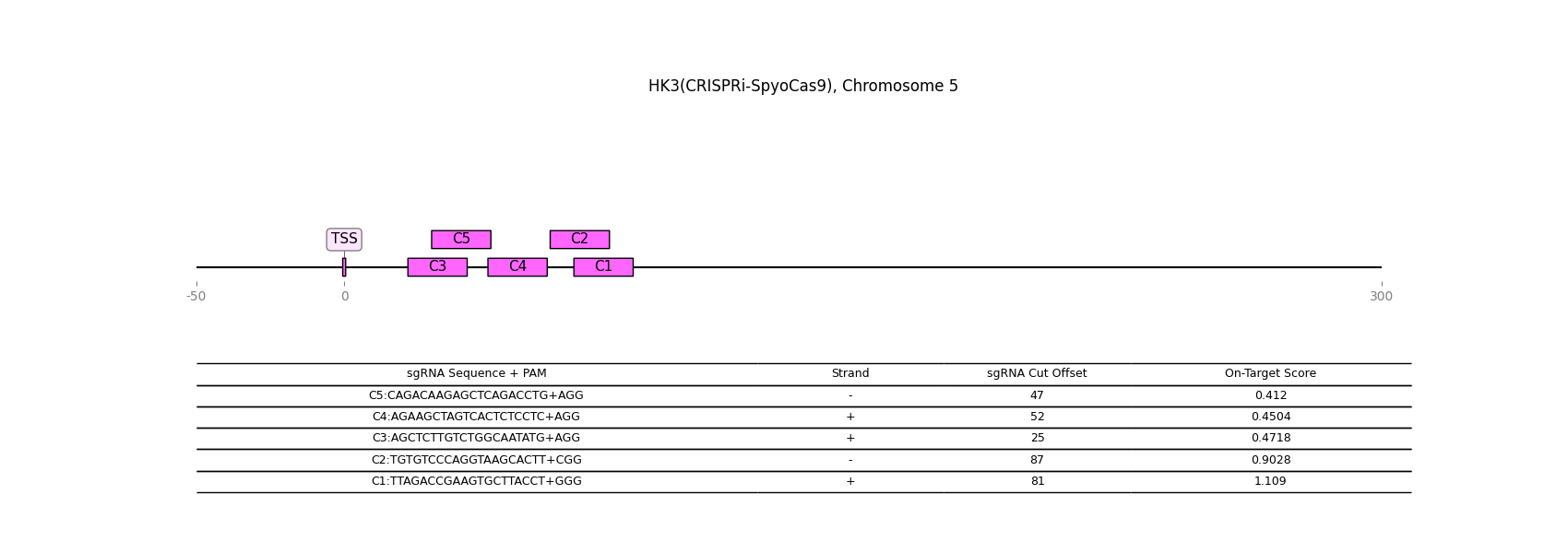Gene Details: HK3
1 / 1
General Information
Gene Name: HK3 (Hexokinase-3)
Synonym:
Short Names:
Alternative Names: Hexokinase type III;Hexokinase-C;
Notes:
- Hexokinase 3 (HK3) phosphorylates glucose and fructose.
- This enzyme catalyzes the first step of glycoslysis, converting glucose to glucose-1-phosphate.
Description from Dr.Glyco-GPT:
Warning: LLMs can generate factually incorrect information, as they simply predict the next word based on training data. Always verify LLM output by cross-checking with reliable sources!
Catalytic Activity

Reaction and Disease Links
EC # (IUBMB):
2.7.1.1
Brenda:
2.7.1.1
OMIM:
142570
KEGG: 3101
Transcript levels (Cell lines and Single cell data) URL
CRISPR-knockout

CRISPR-activation

CRISPR-inactivation

Transcription factor-gene relationship (details at glycoTF page)
Top 10 TFs
| TF | Score |
|---|---|
| SPI1 | 0.224029 |
| RXRA | 0.176620 |
| NCOA4 | 0.174613 |
| STAT3 | 0.172702 |
| MBD2 | 0.170361 |
| PCBP1 | 0.169917 |
| CAT | 0.169178 |
| HNRNPK | 0.167499 |
| XRCC5 | 0.166992 |
| TCF25 | 0.164533 |
Licensing: CC BY 4.0. You are fee to copy, redistribute, remix, transform and build upon all material, except for textbook figures from the Essentials.